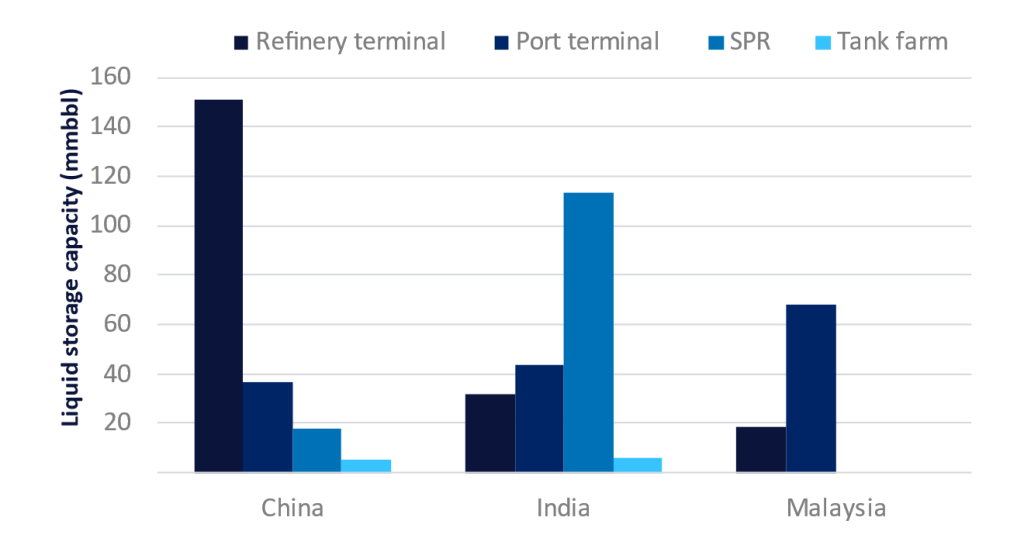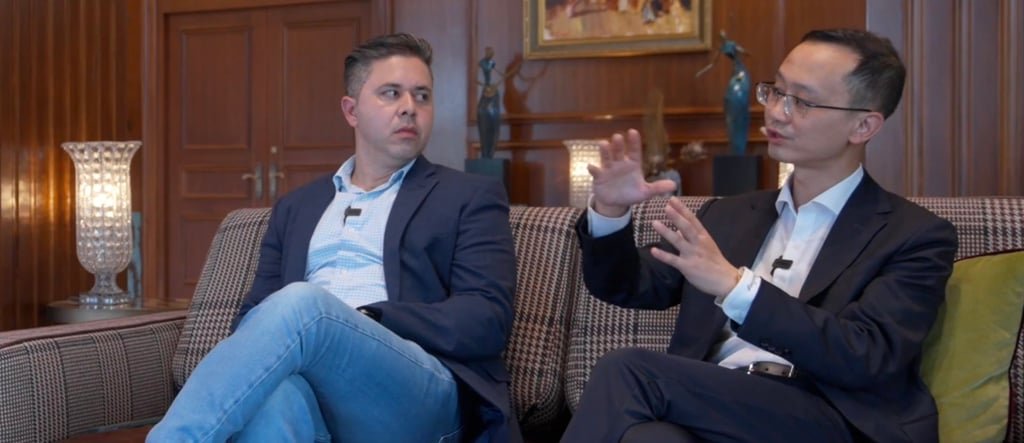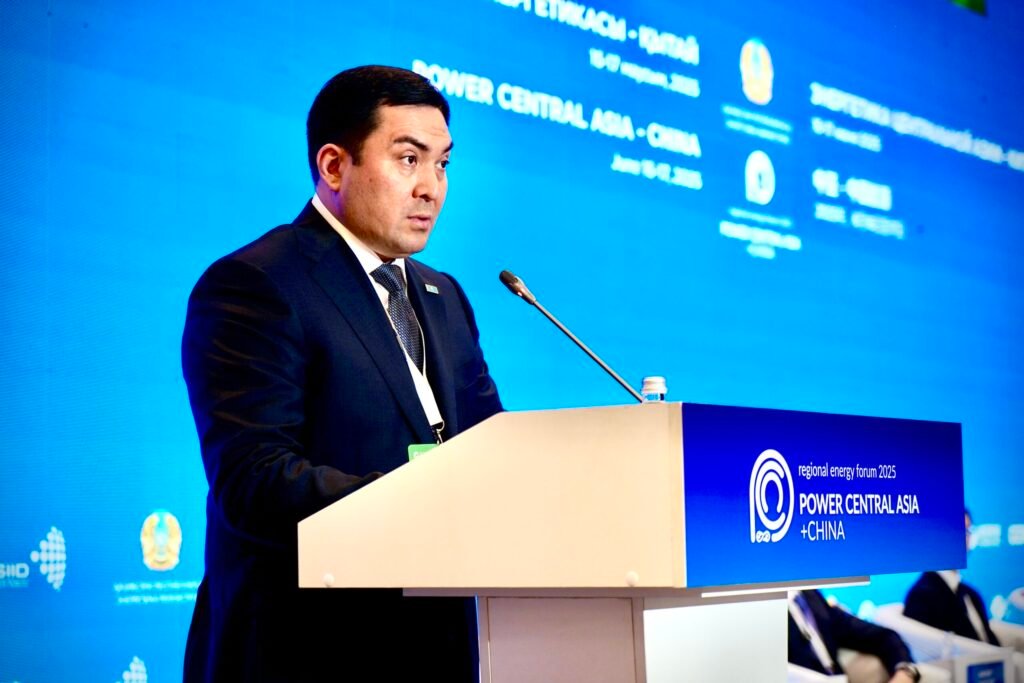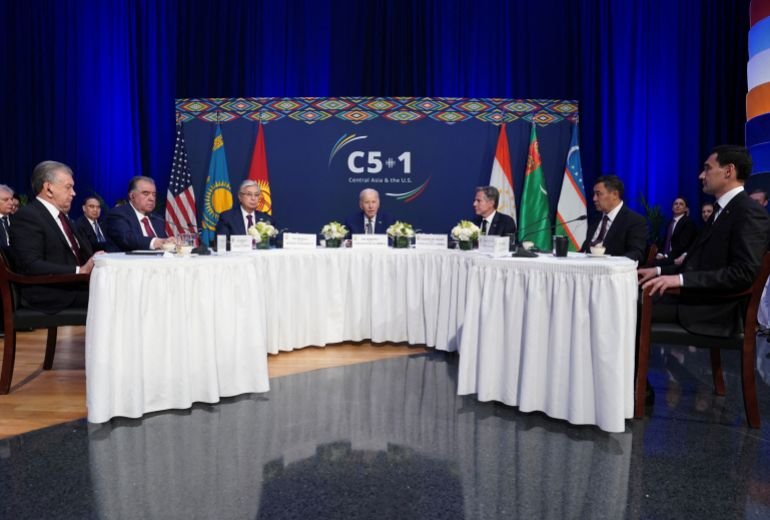Asia is poised to dominate global liquids storage capacity additions, accounting for nearly 60% of the total liquids storage capacity additions by 2030. This growth is underpinned by several factors, including the expanding economies, increasing energy consumption, and strategic initiatives to bolster energy security. Within Asia, China, India, and Malaysia are likely to add substantial capacity during the outlook period.
China is set to dominate liquids storage capacity additions in Asia, accounting for nearly 35% of the region’s capacity additions by 2030. This aligns with the country’s expanding economy and its strategic focus on securing energy resources.
Within the country, the refinery terminal-type projects dominate, accounting for more than 70% of the country’s capacity additions by 2030. The Zhoushan V Expansion is a major refinery terminal type liquids storage project with substantial capacity additions during the 2025–2030 outlook period. Zhejiang Petrochemical Co Ltd is the operator while Zhejiang Rongsheng Holding Group Co Ltd (45.90%), Jihua Group Corporation (20.00%), Tongkun Group Co Ltd (20.00%), and Saudi Arabian Oil Co (5.10%) are the equity holders. This expansion project is currently in the feasibility stage and is likely to begin operations in 2028 with a capacity of 132 million barrels (mbbl).
Liquids storage capacity additions in Asia by facility type and key countries, 2025–2030*

India is also expected to add considerable liquid storage capacity additions in Asia, with nearly 195mbbl of capacity expected to be added by 2030. The Strategic Petroleum Reserve (SPR)-type projects dominate within the country, accounting for nearly 58% of the country’s capacity by 2030. Bikaner and Chandikhol are some major SPR-type liquids storage projects with substantial capacity during the outlook period and will help the country to improve its energy security in emergencies.
Further analysis on global liquids storage projects can be found in GlobalData’s new report, ‘Liquids Storage New Build and Expansion Projects Analysis by Type, Development Stage, Key Countries, Region and Forecasts to 2030.’








